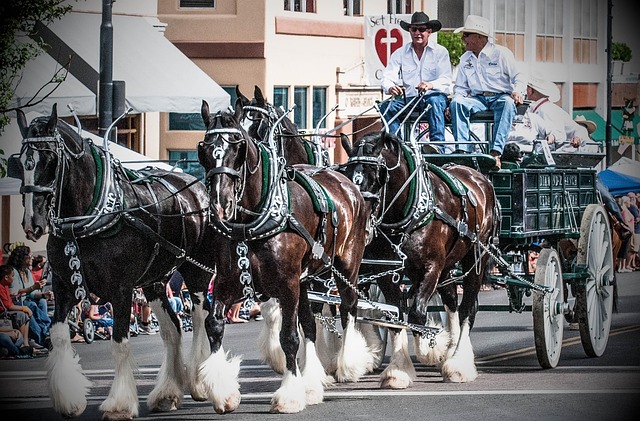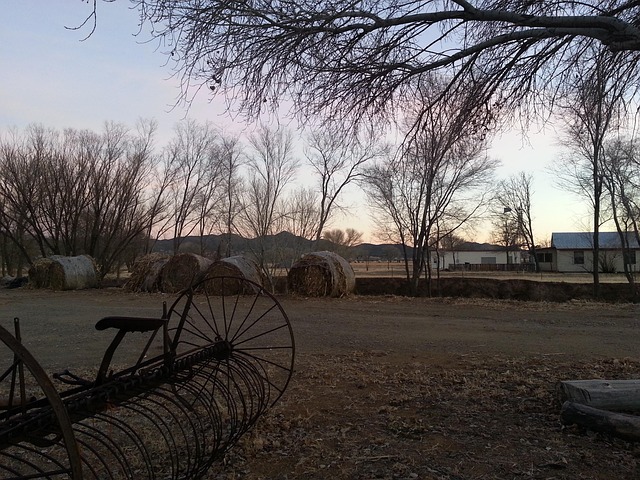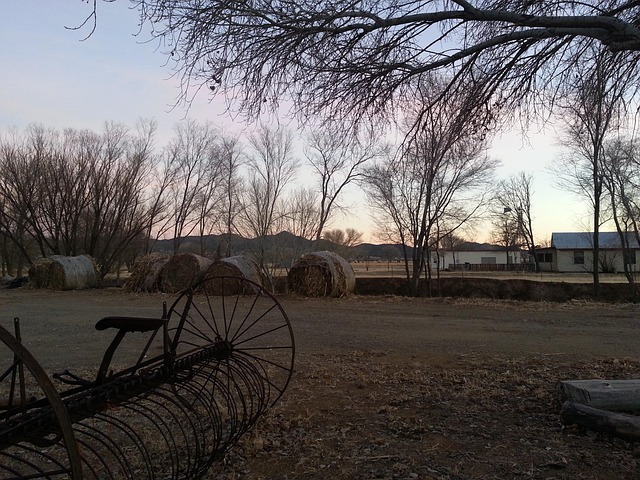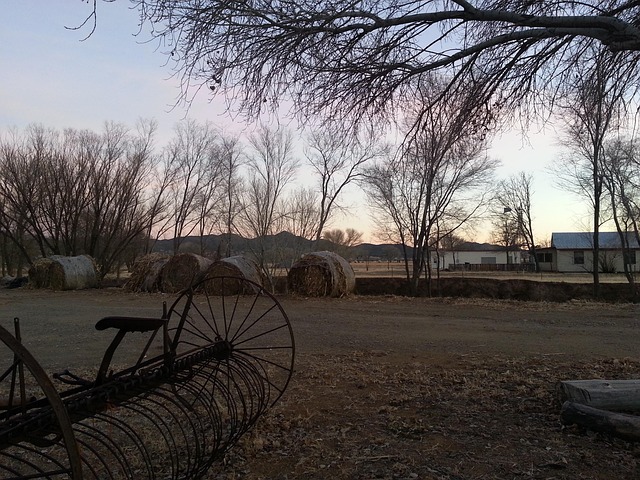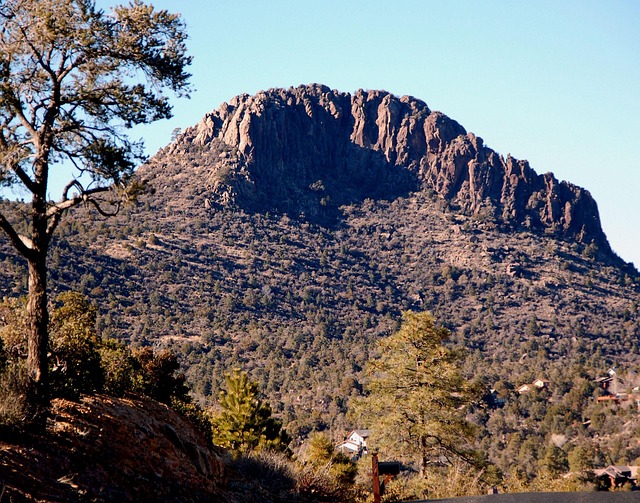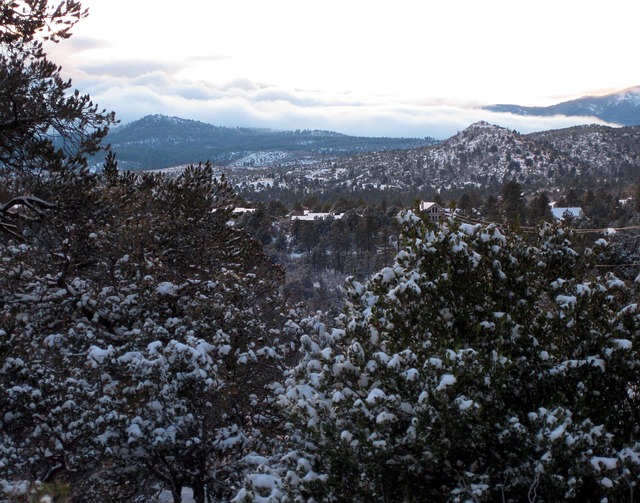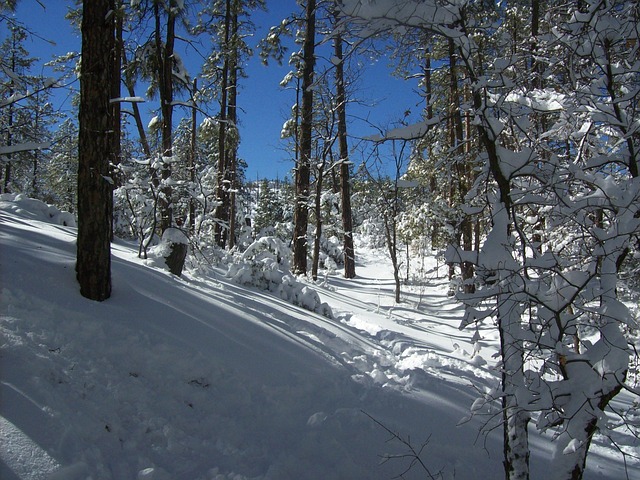Historic frontier towns offer a unique real estate opportunity for retirees seeking tranquility, cultural richness, and a connection to history. With affordable prices, vibrant local cultures, and a strong sense of community, these charming communities appeal to those wanting to downsize while immersing themselves in nostalgia. Real estate investors can revitalize these towns by preserving historical buildings and introducing modern amenities, fostering economic growth and creating valuable assets for both the community and residents.
Discover the allure of historic frontier towns, transformed into thriving retirement havens. This unique real estate niche offers a blend of charm and modern amenities, attracting those seeking a tranquil escape from bustling cities. With their rich past and vibrant present, these destinations provide an appealing investment opportunity. Learn how frontier town real estate is unlocking new prospects for retirees, combining the beauty of history with contemporary living.
The Charm of Historic Towns: A Unique Real Estate Niche
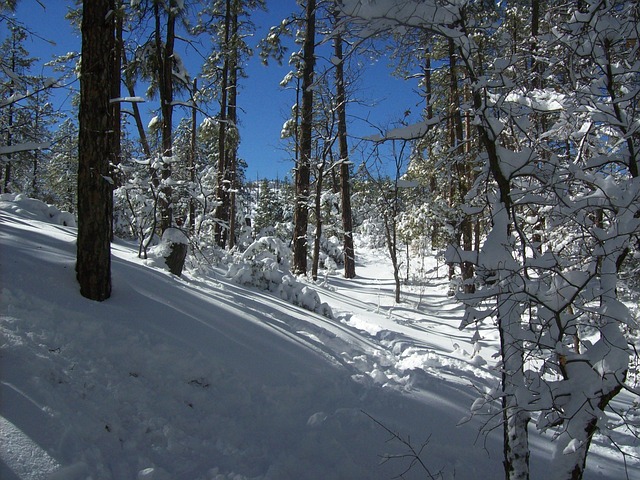
Historic frontier towns, with their rich past and charming architecture, offer a unique real estate niche that appeals to retirees seeking both comfort and character. These towns often boast well-preserved historic districts, where cobblestone streets and iconic buildings create a sense of nostalgia. The real estate market in such locations caters to those who appreciate the beauty of age and want to live among communities that reflect a bygone era.
Retirees drawn to this niche find more than just a place to live; they discover a way of life. Historic towns typically offer vibrant cultural scenes, with museums, art galleries, and local festivals celebrating their heritage. The sense of community is strong, fostering a friendly atmosphere where neighbors become friends. This combination of charming surroundings and a rich social calendar makes historic frontier towns an attractive real estate option for those looking to downsize while immersing themselves in a piece of history.
Why Retirement Seekers Are Flocking to These Destinations
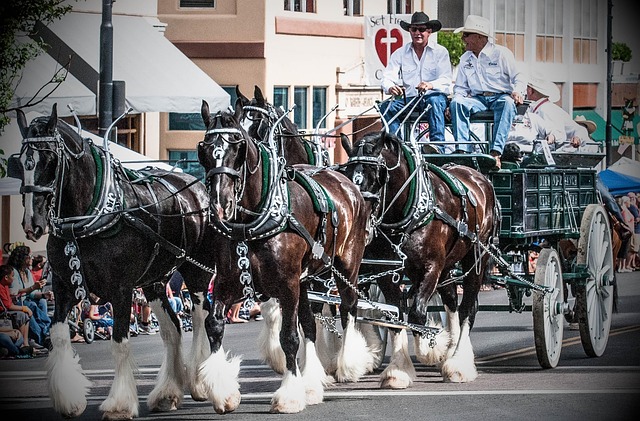
Many retirees are increasingly flocking to historic frontier towns, transforming them into thriving retirement havens. These destinations offer a unique blend of charm, affordable real estate, and a slower pace of life that appeals to those looking for a peaceful retreat after years of work. The allure of historic frontier towns lies not only in their picturesque landscapes but also in the sense of community they foster, where neighbors often become close friends.
The availability of attractive real estate at reasonable prices is a significant draw. Retirees can find charming homes or even invest in land, allowing them to build their dream retirement homes while enjoying the benefits of living in a vibrant, albeit quieter, community. This trend is reshaping these towns, bringing new life and energy as seasoned professionals embrace a slower, more leisurely lifestyle.
Investing in the Past: Unlocking the Potential of Frontier Town Real Estate
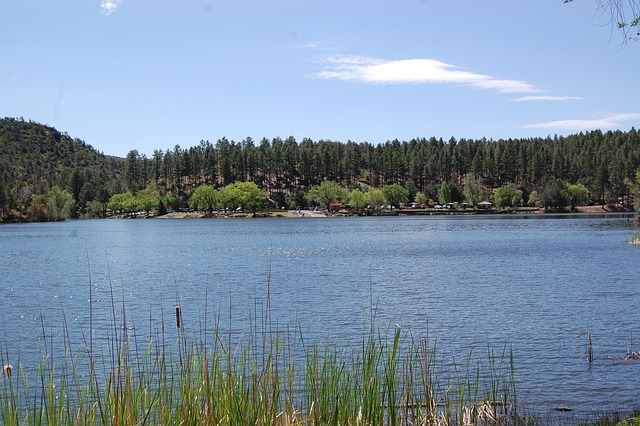
Many historic frontier towns, once bustling with pioneer spirit and growth, have found a new lease on life as retirement havens. This trend offers unique opportunities for real estate investors who recognize the value in preserving and revitalizing these charming communities. With a rich history and often stunning natural landscapes, these towns attract retirees seeking a peaceful lifestyle and a connection to the past. Investing in frontier town real estate means buying into more than just bricks and mortar; it’s about becoming part of a community with character and potential for growth.
The potential for development is vast, from restoring historic buildings to creating modern amenities that cater to the needs of today’s retirees. Smart investments can transform these sleepy towns into vibrant retirement destinations, attracting visitors and fostering economic growth. Real estate here isn’t just about purchasing property; it’s about unlocking a piece of history and shaping a brighter future for both the community and its residents.
